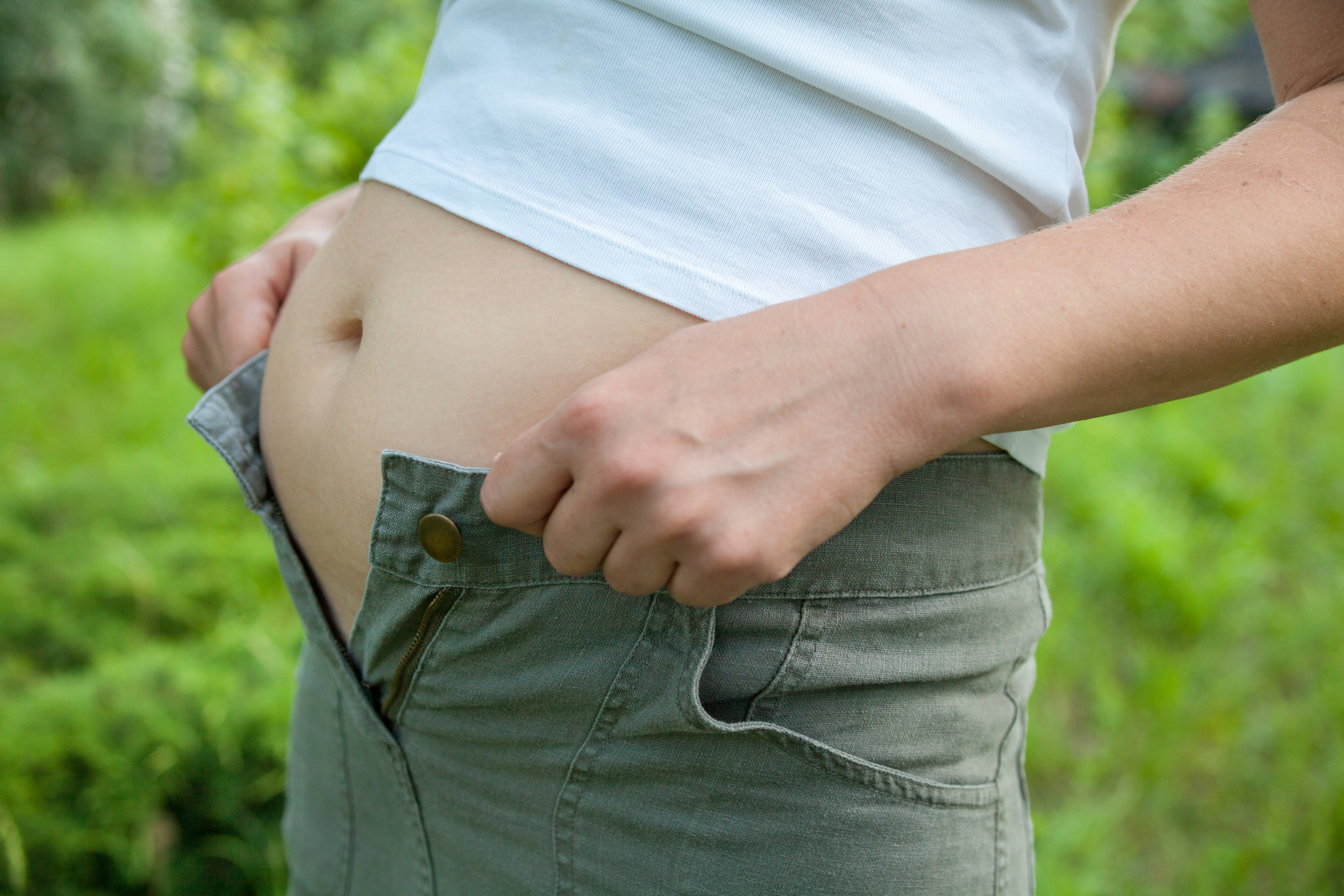Amazing Info About How To Avoid Excess Gas
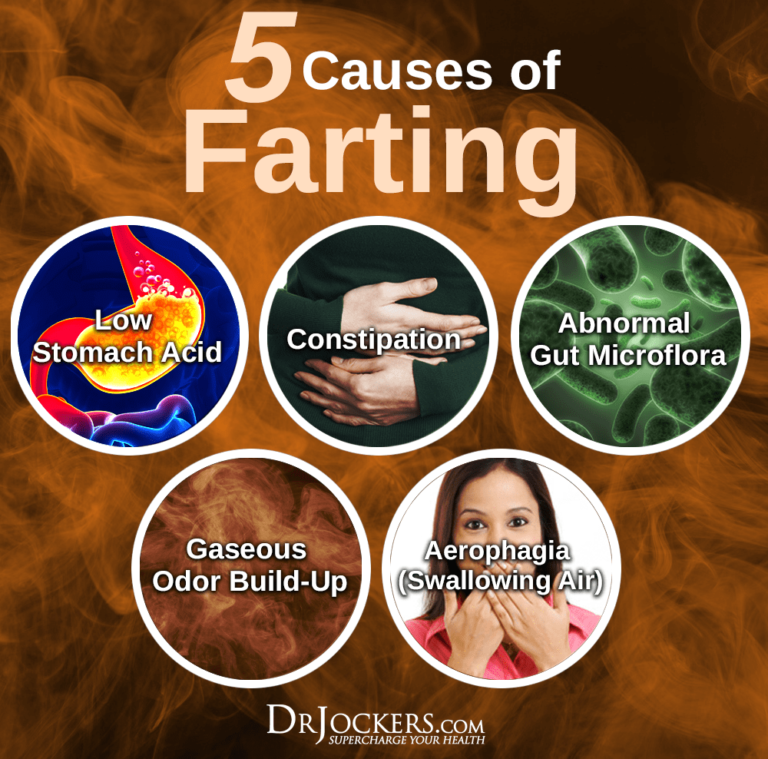
Avoid lying down immediately after eating.
How to avoid excess gas. While passing gas and belching are natural ways for the body to get rid of excess air that gets trapped in the gut, excessive gassiness may be uncomfortable or even painful. Belching or passing gas, also called flatus, is natural and common. Food intolerances and allergies.
[2] you may already know what foods cause you to have excess gas, but if not, start keeping a journal of the foods you eat to determine what foods seem to be causing your excess gas. How to stop farting. Eat foods high in fibre if constipated.
Causes and treatments. While it’s impossible to avoid swallowing air entirely, you can reduce the amount you swallow. Many home remedies can help prevent or release trapped gas.
Gradually introduce more insoluble fiber into your diet. Most of the gas in your body is swallowed air. Updated on january 25, 2023.
Otc medication, such as simethicone. Do not use straws when you drink. Eat smaller, more frequent meals instead of large meals.
Lee suggests these tips to help lessen the impact of excess gas in your system: Movement may help you expel the gas. If you have problems with gas symptoms, your doctor may recommend changing your eating and drinking habits or diet.
Gas at night may be due to diet, swallowing air, or conditions such as irritable bowel syndrome (ibs). Can changing my eating and drinking habits or diet reduce gas or gas symptoms? Avoid chewing gum and sucking on hard candy.
Eat more slowly and mindfully. Identify the cause of bloating. Avoid eating on the run.
Research has shown that peppermint tea or peppermint supplements can help reduce symptoms of irritable bowel syndrome, including gas. Eating, diet, & nutrition for gas in the digestive tract. When to see a doctor.
Identify foods that give you excess gas. Swallowing less air may help ease gas symptoms, especially if you belch a lot. Gases like oxygen, carbon dioxide, nitrogen, and methane enter your gut when you swallow.


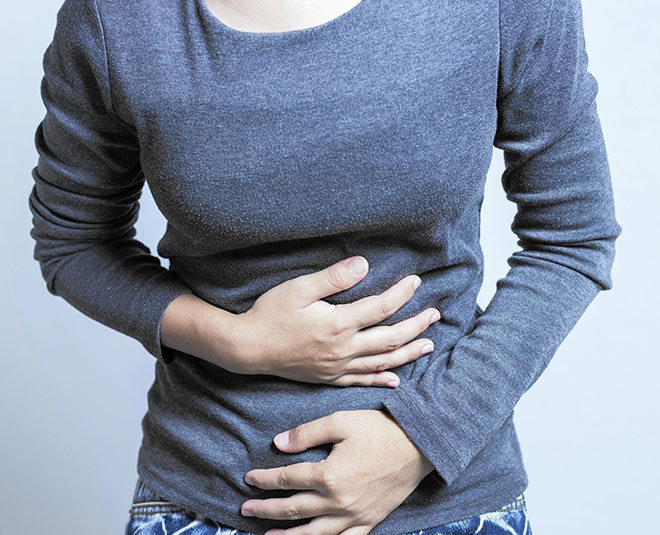



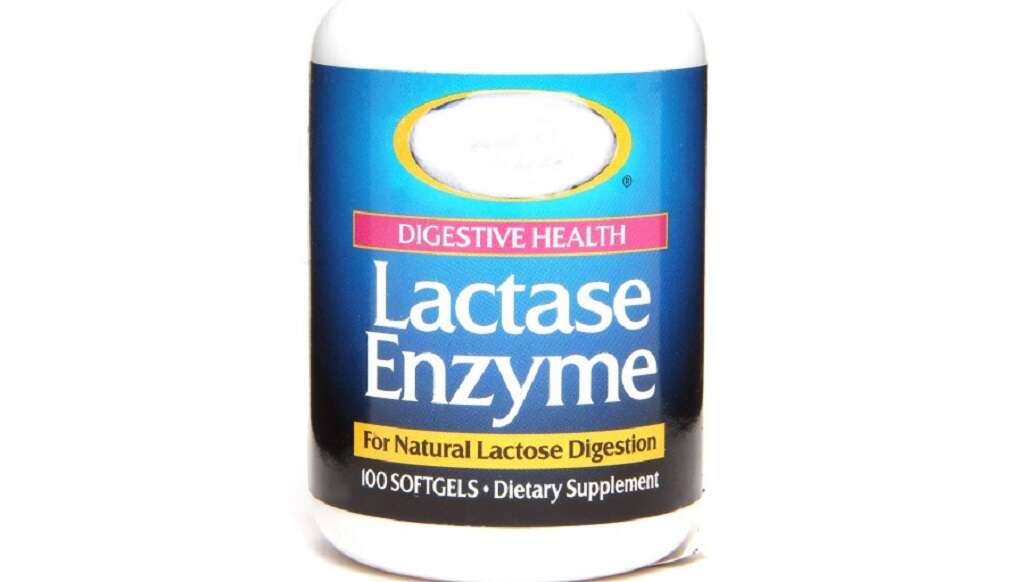
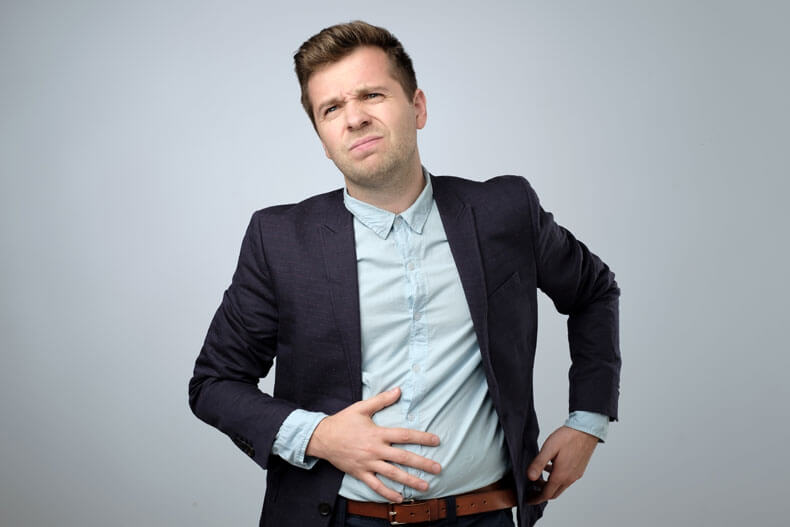
:max_bytes(150000):strip_icc()/when-should-i-worry-about-passing-too-much-gas-796838-5b94a30546e0fb005005414b.png)


